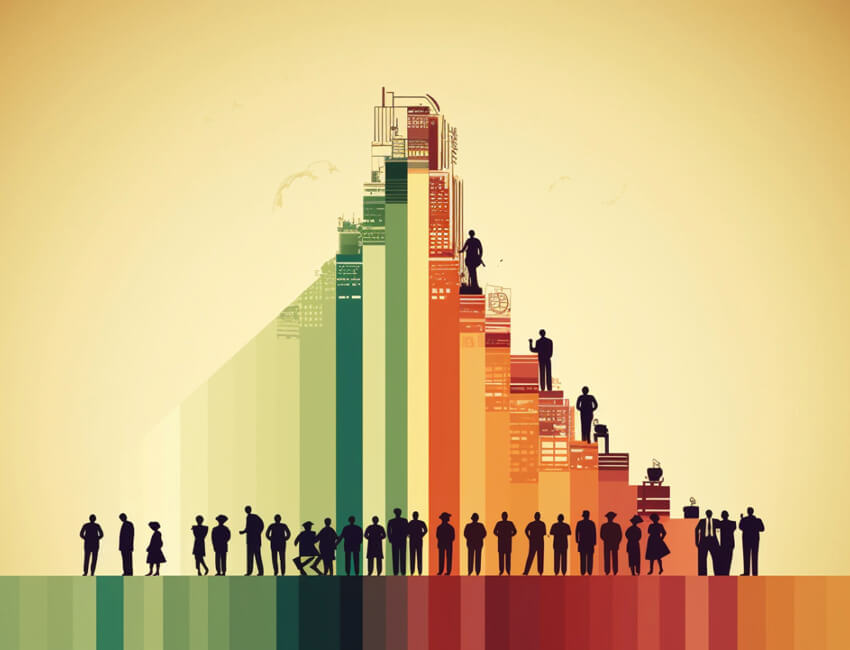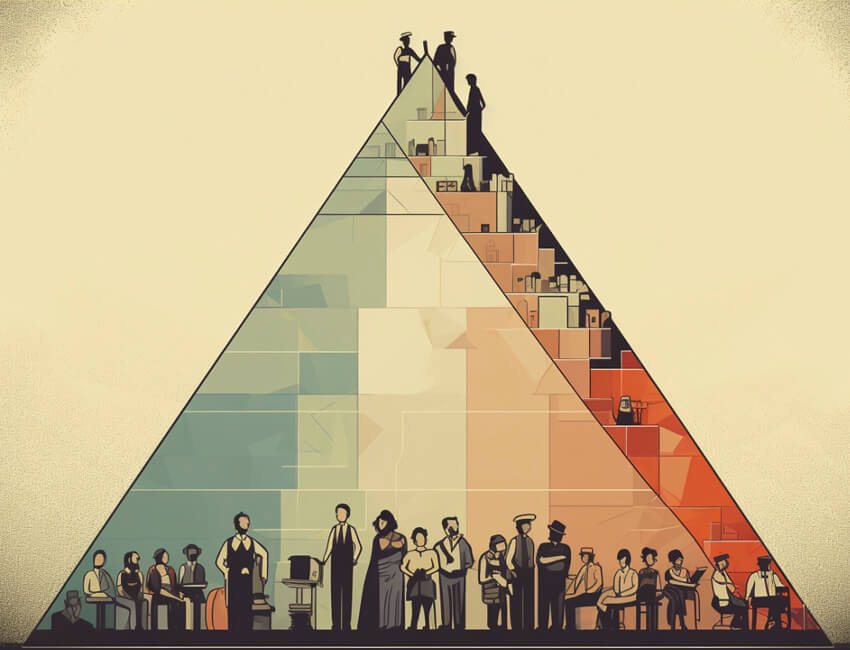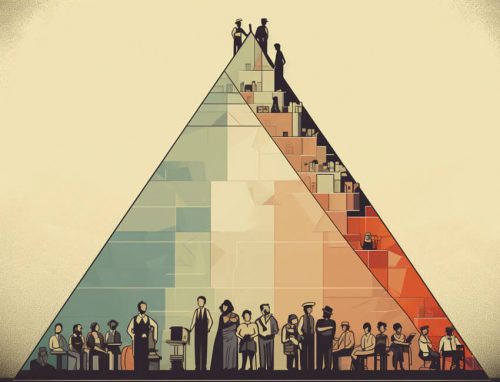Wealth inequality has become an increasingly pressing issue in the Western world, raising concerns about social cohesion, economic stability, and the fairness of our societies.
As economic growth and prosperity have surged in recent decades, the gap between the rich and poor has widened, exacerbating the disparities in wealth distribution. In this blog post, we will examine the startling statistics that highlight the rising wealth inequality between the rich and poor in the Western world.
Growing Wealth Disparities

The concentration of wealth in the hands of a few has reached unprecedented levels in many Western countries. According to the Credit Suisse Global Wealth Report 2020, the top 1% of wealth holders in the world own more than 43% of global wealth, while the bottom 50% holds less than 2% of it. In the Western world, these disparities are particularly pronounced.
Wealth Inequality in the United States
The United States, often seen as a symbol of prosperity, faces significant wealth inequality. The top 1% of Americans own more wealth than the bottom 90% combined, according to data from the Federal Reserve. In 2020, the top 10% of households held about 87% of the total wealth, leaving only 13% for the remaining 90% of the population. This disparity has been growing over the past few decades, intensifying concerns about social mobility and economic opportunity.
Wealth Inequality in Europe
European countries, known for their social welfare systems, have also witnessed a rise in wealth inequality. According to the World Inequality Database, the top 1% of wealth holders in Europe captured 33% of the total wealth in 2019, while the bottom 50% held only 4% of it. In some countries, such as the United Kingdom, Germany, and France, the wealth share of the top 1% has increased significantly over the past few decades.
Inter-generational Wealth Transfer

One factor contributing to wealth inequality is the inter-generational transfer of wealth. Inheritances and capital accumulation often perpetuate existing disparities, as wealthier families can pass on their advantages to future generations. A study by the University of California, Berkeley found that in the United States, over 60% of wealth is inherited, reinforcing the concentration of wealth among a privileged few.
Impact on Social Mobility
Rising wealth inequality has detrimental effects on social mobility and equal opportunities. The lack of access to resources, quality education, and healthcare for disadvantaged individuals can hinder their ability to climb the economic ladder. Research by economists such as Raj Chetty and Thomas Piketty suggests that countries with higher levels of wealth inequality tend to have lower social mobility.
The rising wealth inequality between the rich and poor in the Western world poses significant challenges to our societies. The concentration of wealth in the hands of a few not only deepens socio-economic divisions but also hampers social mobility and economic stability. Addressing this issue requires comprehensive measures, including progressive taxation, investment in education and skills training, and policies that promote inclusive economic growth.
As we strive for a more equitable future, it is imperative to recognize the consequences of widening wealth disparities and work towards creating a society that ensures opportunities and prosperity are accessible to all. Only through concerted efforts can we foster a more just and balanced society, where wealth is distributed fairly and everyone has a chance to thrive.



















